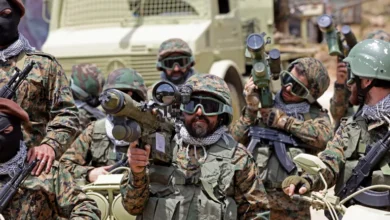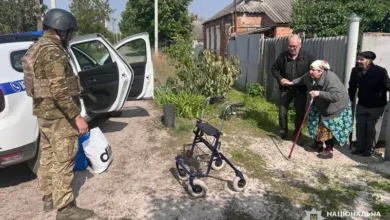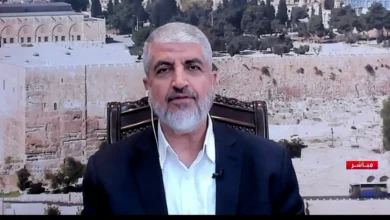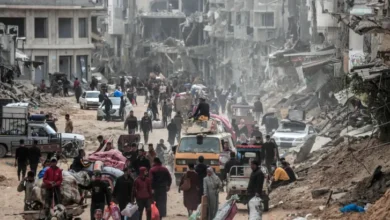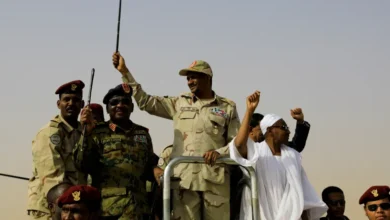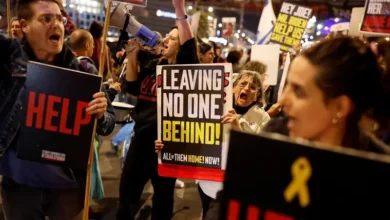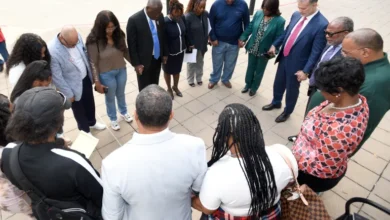Syria earthquake aid held up by ‘approval issues’ with hardline group, says UN
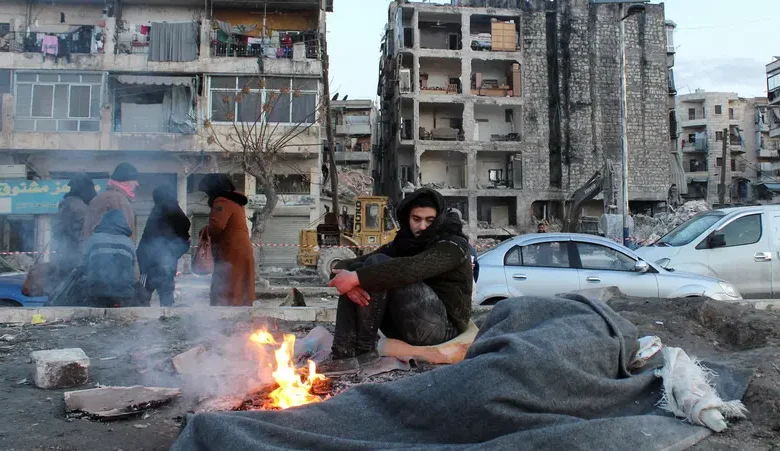
Earthquake aid from government-held parts of Syria into opposition-controlled territory has been held up by “approval issues” with one hardline group, a United Nations spokesperson said on Sunday.
The hostilities that criss-cross Syria, shattered by nearly 12 years of conflict, are an added challenge for aid workers trying to reach the northern regions affected by Monday’s earthquake, which killed at least 29,000 people in Turkey and Syria and flattened swathes of towns and cities.
Of the 3,500 deaths so far reported in Syria the bulk occurred in the northwest, in territory largely held by extremist group Hayat Tahrir al-Sham (HTS).
The area has received little assistance as frontlines with the government are sealed off and only a single border crossing links it to Turkey to the north. The Syrian government last week said it was willing to send aid to the northern zone.
An HTS source who was not authorized to talk to the media told Reuters the group would not allow shipments from government-held parts of Syria and that aid would be coming in from Turkey.
“We won’t allow the regime to take advantage of the situation to show they are helping,” the source said.
A spokesperson for the UN’s humanitarian aid office told Reuters there were “issues with approval” by the group, which the UN and the United States classify as a terrorist organization, without giving further information.
A UN spokesperson in Damascus declined to comment beyond saying the organization “continues to work with relevant parties to have access to the area.”
Arriving in Damascus on Sunday, UN envoy to Syria Geir Pedersen said: “We need all the access we can have, crossline, cross-border, and we need more resources.”
“We are reaching out of course to bilateral countries, we are mobilizing funding, and we’re trying to tell everyone (to) put politics aside, this is a time to unite behind a common effort to support the Syrian people,” he said.
Aid convoy
Earlier on Sunday UN aid chief Martin Griffiths said the people of north-east Syria had been failed and “rightly feel abandoned.”
The HTS media office did not immediately respond to a request for comment.
An aid convoy from Syria’s Kurdish-led northeastern region carrying fuel and other aid was also turned back on Thursday from the northwest, where Turkey-backed fighters are in control.
But Turkey said last week it may be willing to open a direct border crossing with government-held zones in Syria, as ties begin to thaw more than a decade after Ankara cut off diplomatic ties with Damascus over the conflict.
The UN is also hoping to ramp up cross-border operations by opening an additional two border points between Turkey and opposition-held Syria for aid deliveries, spokesperson Jens Laerke said.
UN aid chief Griffiths “is working the phones very hard on that front on the diplomatic front, speaking to everyone to unlock more border crossings,” Laerke said.
Griffiths will brief the UN Security Council on Monday and hoped to use a “water-tight argument” about urgent needs to overcome historic resistance from Russia – a key ally of Damascus – to the cross-border aid operation.
Russia has pushed for more cross-line deliveries but Laerke said that “in terms of volume and frequency of aid, the cross-border operation is the main show.”
The European Union’s envoy to Syria on Sunday urged authorities in Damascus to “engage in good faith” with aid workers to get help to those in need.
“It is important to allow unimpeded access for aid to arrive in all areas where it is needed,” Dan Stoenescu told Reuters.
“Entering a fake blame game is not constructive and does not help us deliver aid to those in so much need and distress in a more timely manner. On the contrary,” Stoenescu added.
